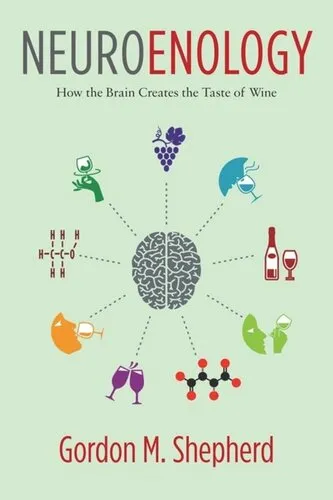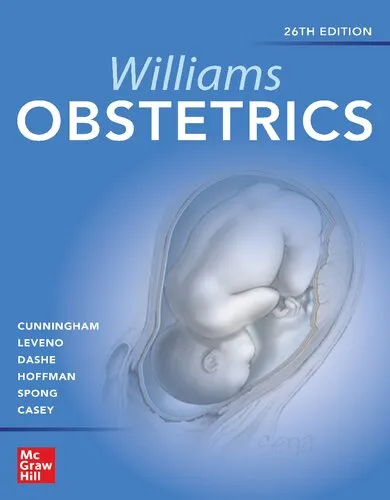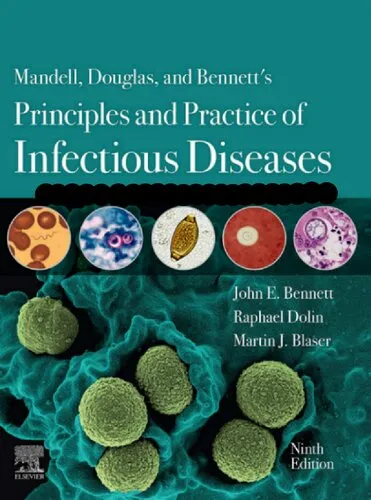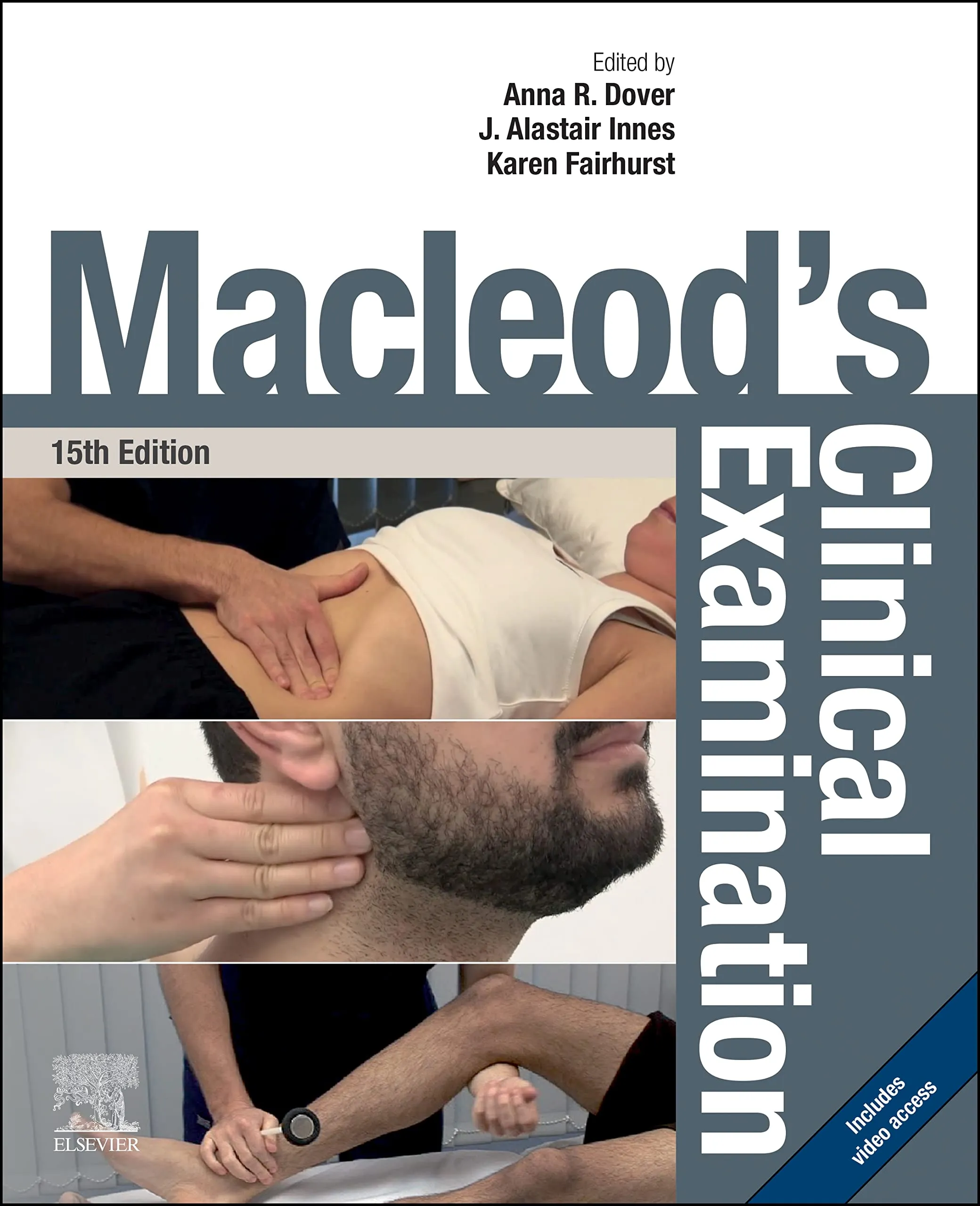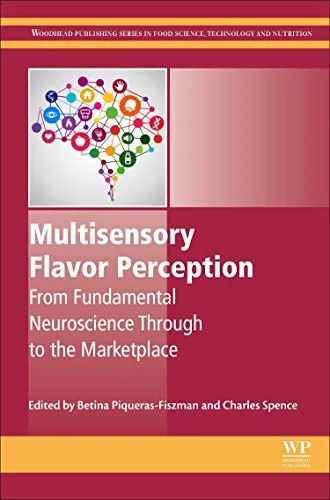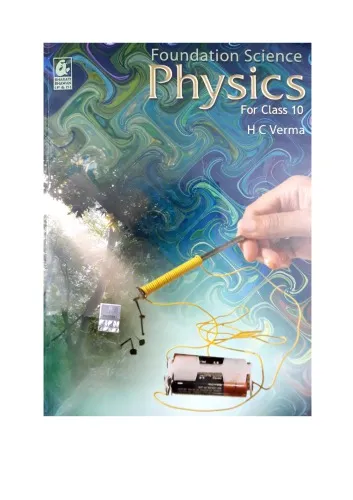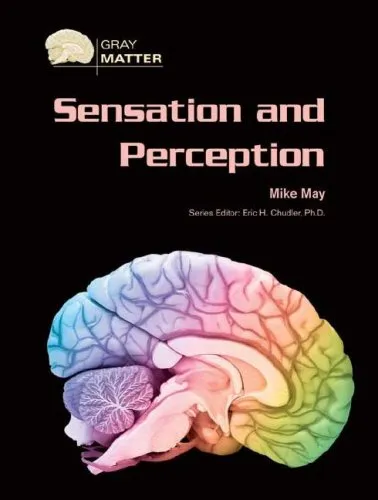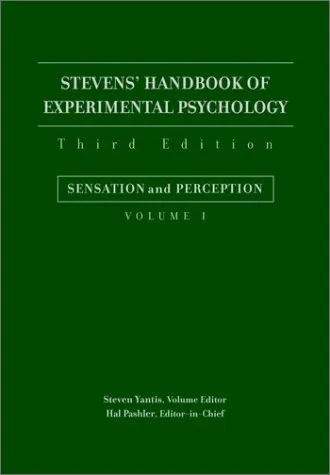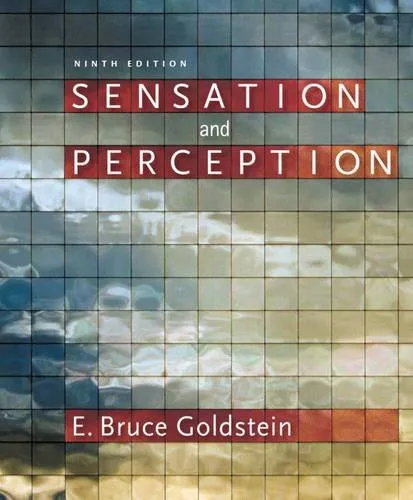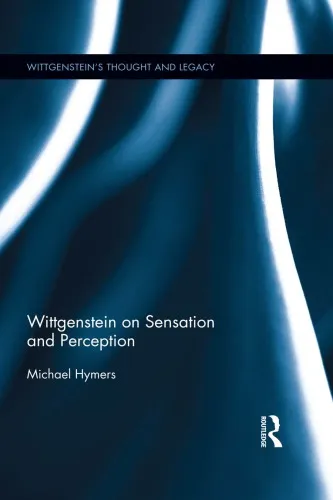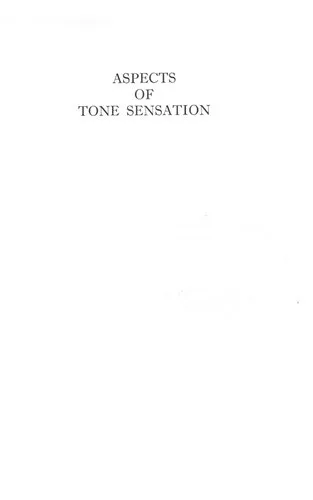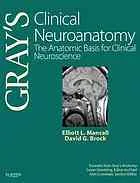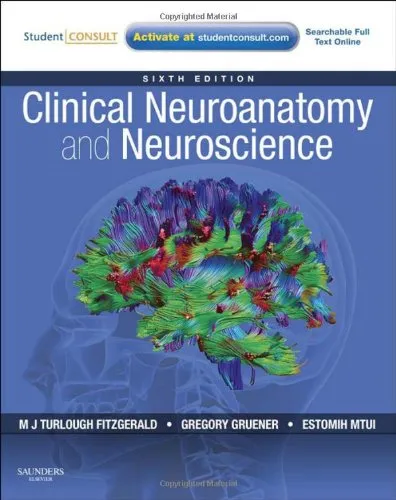Neuroenology: How the Brain Creates the Taste of Wine
4.5
بر اساس نظر کاربران

شما میتونید سوالاتتون در باره کتاب رو از هوش مصنوعیش بعد از ورود بپرسید
هر دانلود یا پرسش از هوش مصنوعی 2 امتیاز لازم دارد، برای بدست آوردن امتیاز رایگان، به صفحه ی راهنمای امتیازات سر بزنید و یک سری کار ارزشمند انجام بدینکتاب های مرتبط:
معرفی کتاب: Neuroenology: How the Brain Creates the Taste of Wine
کتاب "Neuroenology" اثری از دکتر گوردون شپرد است که به بررسی نقش پیچیده مغز در تجربه چشیدن شراب میپردازد. این کتاب برای کسانی که به درک علمی از چگونگی تعامل حواس و مغز در ایجاد طعمها علاقهمندند، بسیار جذاب است.
خلاصه کتاب
در کتاب "Neuroenology"، دکتر شپرد با استفاده از علم نوروبیولوژی توضیح میدهد که چگونه مغز انسان تجربه چشیدن شراب را شکل میدهد. او مطرح میکند که چشیدن شراب نه تنها به حواس چشایی، بویایی و لمسی بلکه به مغز نیز بستگی دارد که این تجربیات را پردازش میکند تا چیزی شگفتانگیز به نام "طعم" را ایجاد کند. مغز با استفاده از اطلاعات حسی و خاطرات گذشته، یک تجربه شخصی و منحصر به فرد از هر جرعه شراب ایجاد میکند.
نکات کلیدی
- پیشرفتهای جدید در علوم اعصاب توانستهاند درک ما را از چگونگی ایجاد طعمها توسط مغز افزایش دهند.
- چشیدن شراب یک فرآیند پیچیدهی عصبی است که نه تنها شامل چشایی بلکه بویایی و حتی بینایی میباشد.
- هر فرد تجربهی منحصر به فردی از شراب به دلیل تفاوتها در پردازش مغزی دارد.
جملات معروف از کتاب
"مغز شگفتانگیزترین ابزار حسی ماست که میتواند حتی از کوچکترین نشانههای حسی برای خلق یک تجربه غنی از چشیدن استفاده کند."
"چشیدن شراب هنر است، اما علمی که در پس آن قرار دارد، علمی جذاب و پیچیده است که پیچیدگی مغز انسان را نشان میدهد."
چرا این کتاب مهم است؟
کتاب "Neuroenology" با ارایهی دیدگاهی نوین دربارهی چگونگی تجربهی طعم و بو، دانش ما را نسبت به علوم حواس و مغز افزایش میدهد. اهمیت این کتاب نه تنها در توضیح علمی فرآیندهای چشیدن، بلکه در توانایی آن برای تلفیق علم و لذت است. از افتخارات و دستاوردهای دکتر شپرد در حوزه نوروبیولوژی و پیامدهای عملی این دانش برای علاقهمندان به شراب، نشان میدهد که چگونه تعامل بین مغز و حواس بر تجربیات روزمره ما تأثیر میگذارد.
Introduction to Neuroenology: How the Brain Creates the Taste of Wine
In "Neuroenology: How the Brain Creates the Taste of Wine", I delve into the intricate relationship between our brains and the senses as they coalesce to create the remarkable experience of tasting wine. This book presents an enlightening journey through the nuanced ways in which our neurological processes interpret and construct the flavors and aromas we perceive in each sip. Essentially, it is not just the wine itself but the brain that defines its tasting experience.
Detailed Summary of the Book
"Neuroenology" extends the concepts I initially explored in the field of neurogastronomy, spotlighting the often-overlooked influence of the brain in the art of tasting. The text sheds light on the sophisticated mechanisms the brain employs to transform raw sensory data into the rich and complex perceptions attributed to different wines. By examining the role of the brain, I unravel the multidimensional experience of wine tasting, emphasizing that understanding our cerebral processes can enhance our appreciation of wine.
The book is structured to guide readers through various scientific insights, including how olfactory and gustatory signals are deciphered by neural systems. Additionally, it dives into the wine-tasting process, which involves far more than mere mouthfeel and taste. Instead, it is a comprehensive multisensory experience, orchestrated largely by the brain's capacity to integrate information from all available senses. I also explore the impact of memory and experience on individual taste and preference, offering readers a holistic view of how personal and cultural contexts can shape one's wine-tasting journey.
Key Takeaways
- The brain plays a pivotal role in creating the flavor perception of wine, more so than the wine itself.
- Wine tasting is a multisensory experience, encompassing taste, smell, touch, sight, and even hearing in an integrative process handled by the brain.
- Our personal experiences, memories, and cultural backgrounds significantly influence our perception of flavor and aroma.
- Understanding the brain’s role in taste perception can enhance and enrich our appreciation of wine.
Famous Quotes from the Book
Throughout "Neuroenology," key insights provide readers with lasting impressions and thought-provoking considerations:
"It is the brain that creates the taste of wine, constructing it from a sequence of sensory inputs."
"Wine tasting is not about passive consumption; it is an active exploration of the brain's capacity to integrate sensory experiences."
Why This Book Matters
"Neuroenology" offers a revolutionary perspective on wine tasting that bridges the gap between neuroscience and enology. It challenges traditional concepts by positioning the brain as the core architect of flavor perception, thus opening new avenues for both wine connoisseurs and scientists. For wine enthusiasts, this book presents an opportunity to deepen their understanding and appreciation of wine, transforming tasting from a simple pleasure into a mindful and enriched experience.
For scientists and students of neurogastronomy and enology, "Neuroenology" represents a significant contribution that underscores the importance of interdisciplinary study. By illustrating how taste is a complex, brain-centered experience, the book fosters a greater appreciation for the cognitive processes that shape our gastronomical experiences. Ultimately, "Neuroenology" transcends wine tasting itself, encouraging readers to consider how their brains construct the sensory world they navigate every day.
دانلود رایگان مستقیم
شما میتونید سوالاتتون در باره کتاب رو از هوش مصنوعیش بعد از ورود بپرسید
دسترسی به کتابها از طریق پلتفرمهای قانونی و کتابخانههای عمومی نه تنها از حقوق نویسندگان و ناشران حمایت میکند، بلکه به پایداری فرهنگ کتابخوانی نیز کمک میرساند. پیش از دانلود، لحظهای به بررسی این گزینهها فکر کنید.
این کتاب رو در پلتفرم های دیگه ببینید
WorldCat به شما کمک میکنه تا کتاب ها رو در کتابخانه های سراسر دنیا پیدا کنید
امتیازها، نظرات تخصصی و صحبت ها درباره کتاب را در Goodreads ببینید
کتابهای کمیاب یا دست دوم را در AbeBooks پیدا کنید و بخرید
1412
بازدید4.5
امتیاز0
نظر98%
رضایتنظرات:
4.5
بر اساس 0 نظر کاربران
Questions & Answers
Ask questions about this book or help others by answering
No questions yet. Be the first to ask!
